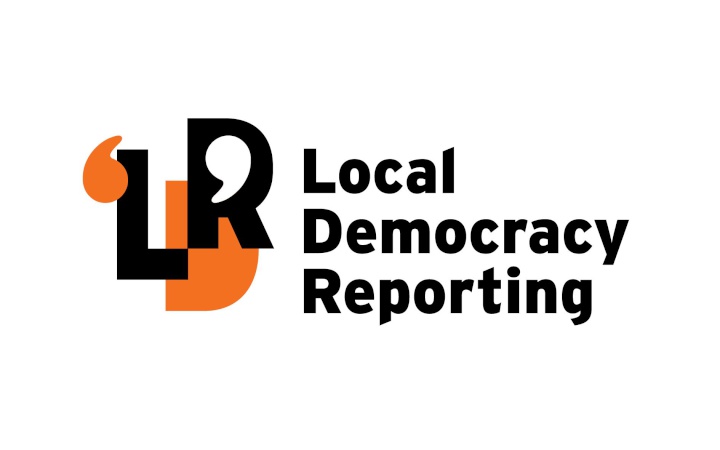A trail-blazing tribal leader today starts a new job bringing together eight iwi to look after Taranaki Maunga.
Iwi now have equal say with the Crown in running the former Egmont National Park.
The Minister of Conservation will need iwi agreement to approve management plans for what is now called Te Papa-Kura-o-Taranaki.
Wharehoka Wano will lead Te Tōpuni Ngārahu – a new body of representatives from the region’s eight iwi – to govern the park alongside the conservation minister.
The arrangement is laid out in Te Ture Whakatupua mō te Kāhui Maunga, the Taranaki Maunga Collective Redress Act, passed unanimously by Parliament in January.
Another group called Te Tōpuni Kōkōrangi – half appointed by iwi and half by the Crown – will develop management plans for Te Tōpuni Ngārahu and the minister to consider.
Wano has for nine years been the first chief executive of Te Kāhui o Taranaki, the agency set up when Taranaki iwi settled its historical Treaty claims.
As inaugural tumu whakarito, Wano has helped shape Taranaki iwi’s future and he’s also a trustee for the neighbouring iwi’s post-settlement agency Te Kotahitanga o Te Atiawa..
He’s one of the dozen counsellors on the Kīngitanga’s Tekau-mā-rua, the advisory body for Te Arikinui Kuini Nga wai hono i te po – as he was for her father the late Kīngi Tūheitia.
At Wano’s farewell from Te Kāhui o Taranaki, veteran campaigner Peter Moeahu said Wano was “an ambassador, a diplomat extraordinaire,” and reckoned he would need those skills.
“You might have thought handling one iwi was bad enough, but eight!” said Moeahu.
“Or nine, or ten!” he added, referring to South Taranaki’s Te Pakakohi and Tangahoe which are not recognised as iwi by the Crown.
Te Kāhui o Taranaki chair Jacqui King said Wano had dealt with arms of the Crown on many fronts.
“It’s really, really challenging because often you get so impassioned by the unjust behaviours and practices.
“Some of the racism that we experience, that's where you'll see it, loud and proud.”
“You have to carry that in such a way that you can't be asked to leave - and Whare is an absolute expert at ensuring he says what needs to be said without being offensive.”
Te Kāhui’s operations manager Mark Wipatene said he’d known many aggressive, cut-throat chief executives – “silverback gorillas who have massive egos”.
“They wouldn’t last a day in this space because you can’t operate that way.”
“Whare has the ability to navigate through that world and bring his kaimahi with him because he has no ego. He is selfless in his mahi. He is selfless in his leadership.”
Liana Poutu helped negotiate the maunga settlement, chairs Te Kotahitanga o Te Atiawa, and said Wano’s calming influence wasn’t limited to dealings with government.
“When we might become a little hot-headed, Whare is there to tell us to calm down.
“And when we want to take on some whawhai (fight) Whare’s like, ‘are you sure that's how you want to do it?’”
Wano’s niece and former colleague Puna Wano-Bryant said he would bring impeccable communication to the Maunga job.
“He has the ability to open new ways for people to heal and reconcile their own relationships with each other.”
Wano-Bryant said she often spotted surfboards in her uncle’s car and he would explain he was off to a “board hui”.
Fellow surfer and new Taranaki Regional Council chair Craig Williamson has known Wano for almost 20 years and praised his work for the betterment of Taranaki communities.
“We share a lot of waves together. We’ve had three board meetings this week.”
In 2016 the Crown accepted that Taranaki Maunga and the adjacent ranges would become a legal person and own itself as Te Kāhui Tupua.
Two years ago, the Crown agreed to share management of the national park Te Papa-Kura-o-Taranaki with iwi.
There's now a search on for four people to represent the iwi of Taranaki on Te Tōpuni Kōkōrangi, serving as the face and voice of Te Kāhui Tupua
When Parliament passed the redress law in January it officially recognised the peaks as tupuna maunga – ancestral mountains.
LDR is local body journalism co-funded by RNZ and NZ on Air



 Gordon Campbell: On Wealth Taxes And Capital Flight
Gordon Campbell: On Wealth Taxes And Capital Flight Manaaki Whenua Landcare Research: How Have Our Garden Birds Been Tracking Since 2014?
Manaaki Whenua Landcare Research: How Have Our Garden Birds Been Tracking Since 2014? NZ Labour Party: Govt Driving Away Kiwi Innovators And Scientists
NZ Labour Party: Govt Driving Away Kiwi Innovators And Scientists PSA: Govt Funding Squeeze Sees DOC Propose Cutting 84 Roles
PSA: Govt Funding Squeeze Sees DOC Propose Cutting 84 Roles NZ Police: Police Statement On Retail Crime
NZ Police: Police Statement On Retail Crime Greyhound Racing New Zealand: Greyhound's Starts Judicial Review Proceedings
Greyhound Racing New Zealand: Greyhound's Starts Judicial Review Proceedings Te Pāti Māori: Parliament Website Can’t Handle Opposition To Regulatory Standards Bill
Te Pāti Māori: Parliament Website Can’t Handle Opposition To Regulatory Standards Bill


